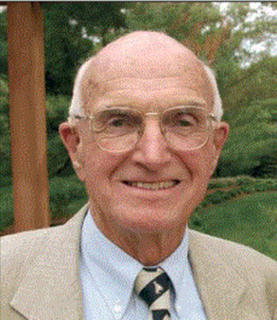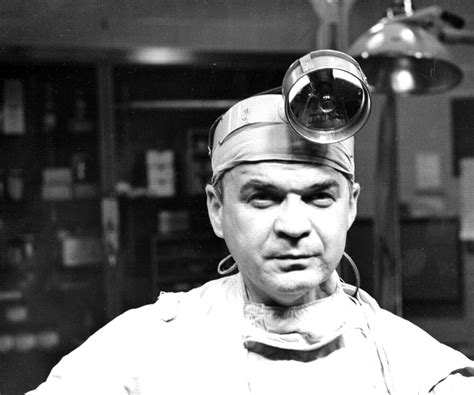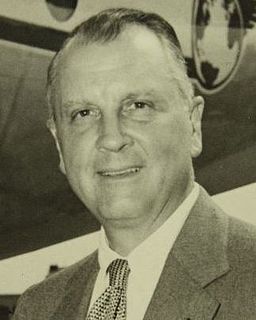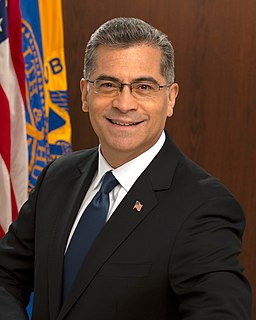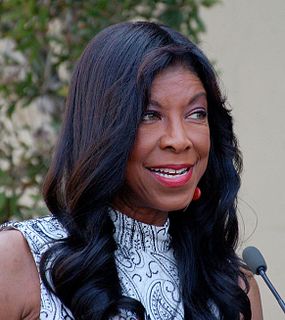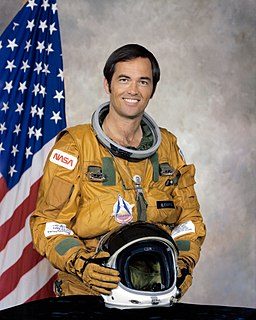A Quote by Joseph Murray
Kidney transplants seem so routine now. But the first one was like Lindbergh's flight across the ocean.
Related Quotes
Glenn's 1962 Mercury flight was fraught with dramatics, from his 'Zero G and I feel fine!' exultation upon entering orbit to his reentry with what was feared was a faulty heat shield. After he safely splashed down, the nation erupted with applause and gratitude not seen since Charles Lindbergh's solo flight across the Atlantic.
At a time when Democratic leaders are pushing rationed care in a world of limited resources, Americans might wonder where the call for shared sacrifice is from illegal immigrant patients like those in Los Angeles getting free liver and kidney transplants at UCLA Medical Center. 'I'm just mad,' illegal alien Jose Lopez told the Los Angeles Times last year after receiving two taxpayer-subsidized liver transplants while impatiently awaiting approval for state health insurance.
